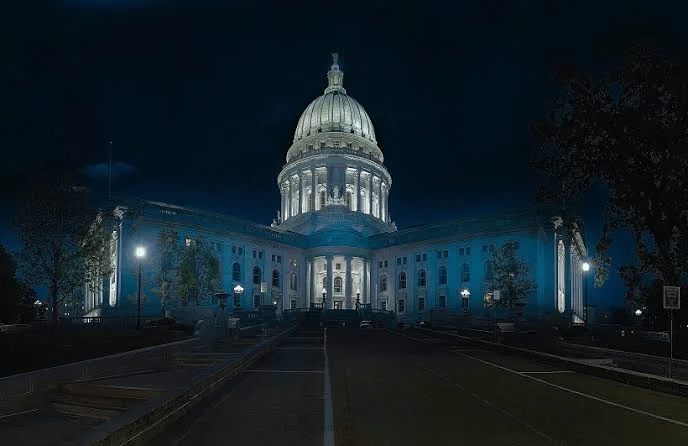Banks and other traditional organisations have a tendency to discriminate against bitcoin users, which is why the Luxury Bank was formed.

New developments in this market continue to drive demand for platforms that have the capability of harvesting the full amount of power available from cryptocurrencies, DeFi, Non-Fungible Tokens (NFTs), and other types of digital currency.
The Luxury Bank is a prominent cryptocurrency platform that was developed to bridge the gap between traditional finance and luxury lifestyle management. It is a part of an ecosystem that provides its clients with a variety of luxury lifestyle management services.
Many participants in the cryptocurrency sector are subjected to prejudice by banks and other traditional institutions; the Luxury Bank was created to make this process as frictionless and smooth as possible.
Following the consolidation of agreements with important colleagues across the world, the platform is able to provide its clients with a worldwide payment solution.
As a result, as part of their ever-expanding Luxury ecosystem, the Luxury Bank enables you to conduct cryptocurrency-related transactions across borders.
Cryptocurrency and luxury products are becoming increasingly intertwined, with younger generations preferring to deal on platforms such as Luxury Bank, which provide access to different currencies, security, and a wide range of other services.
Thus, the Luxury Ecosystem has unveiled a new strategy to the non-financial technology industry (NFT).
Initially conceived as an NFT marketplace, the Luxury ecosystem has launched Luxandia, an innovative new platform that seeks to transform the way people purchase for the first time. For a long time, digital land platforms such as Decentraland enabled users to purchase or rent digital parcels of land.
In the Premium Ecosystem, luxury companies may take a digital parcel and totally modify it to become a restaurant, auto showroom, theatre, or any other sort of luxury property of their choosing. As a result, the virtual world’s digital scarcity may be completely exploited by the virtual world’s owner.
With regard to the debut of Luxandia and its potential to disrupt the non-financial technology sector, Catalin Dascalu, CEO of The Luxury, stated the following.
“Luxandia is going to be the leading luxury virtual space in the emerging metaverse. Our vision is of an immersive, interconnected virtual world of luxury. We are starting with virtual luxury malls where brands can rent retail space and consumers can enter that same space through their laptop, but that is only the beginning.”
The Bounders of E-commerce and the Endless Luxury Ecosystem
The crypto industry’s future is linked; most platforms will require an ecosystem to support them in order to provide their users with the most effective and inventive ways to optimise their earnings or gain access to the latest trends.
Dascalu stated the following on Luxandia’s future and the expansion of the Luxury ecosystem into a brand-new e-commerce experience:
As we continue to build out the world of Luxandia, we will also be enabling support for an app and virtual reality 3D glasses, allowing people to explore online stores just like they would in real life. The possibilities are endless, including an online 3D cinema where you can watch films surrounded by the atmosphere of a real cinema or a visit to an auction house to bid on NFT art. The only limit is the imagination – and the communities on Luxandia will be free to explore the possibilities that they can imagine.
With the Luxury ecosystem, customers will be able to buy, try on products, and enter a place that has been entirely designed to provide a better experience.
You may use virtual reality tools to check how an item fits before purchasing it, watch a movie with friends, or test a new product from the comfort of your own home.
The premium ecosystem, which was founded more than a decade ago, will provide the greatest tools for developers to construct and launch their companies into the metaverse, the next big thing in crypto alongside NFTs, and a sector expected to be worth billions as the industry enters its second decade.

